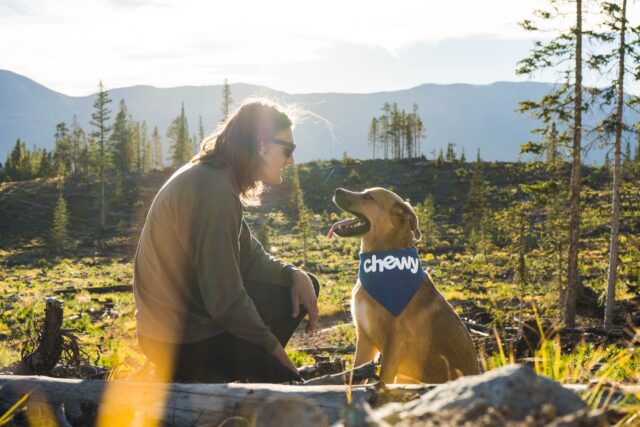
If you are a new pet owner, you may have realized that there is a lot to learn. Having a pet is like having a child; you must get to know the animal to ensure that you are caring for it properly. For the first few months of your puppy’s life, you will spend a lot of time training it to behave properly. As dogs get older, they become easier to manage and you will likely assume that they need less attention and care. That is not the case though; although dogs require less maintenance as they get older, they still need to be given quality care so they can maintain their health.
Unfortunately, many pet owners pay less attention to their animals in the later years of their life. If dogs do not receive the appropriate care that they need, they may backtrack and begin misbehaving as they did in their younger days according to houndgames.com. Dogs are able to develop physically and mentally where they are engaged in a positive feedback loop with their owner. In this article, we will share eight ways that you can continue to take care of your pet as they age.
1. Give Them Quality Dog Food
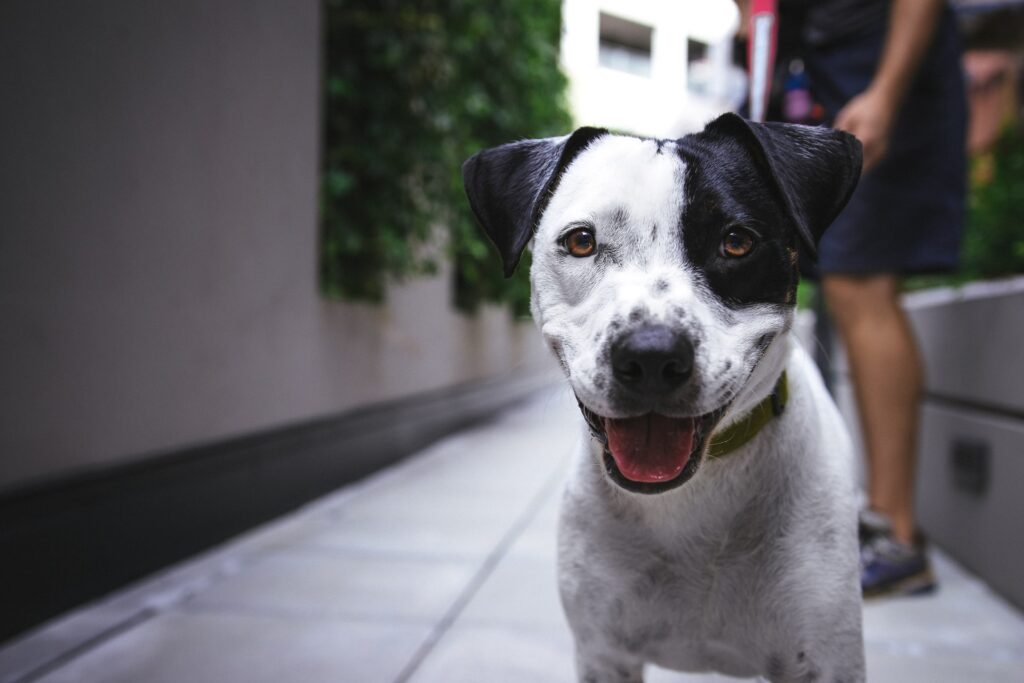
Many people only change out their dog food if their pet begins getting sick. There are many dog food brands in the market that rely on harmful chemicals and fillers. If you want optimal health for your pet, invest in grain-free dog food like those from Earthborn Holistic that supports their overall health. In addition, all animal foods should contain healthy sources of protein, carbohydrates, fruits, and vegetables. If you feed your dog treats throughout the day, consider purchasing dog treats that are composed of the same quality ingredients that are found in their food.
2. Regular Play Time
Dogs need the freedom to run around and play in open areas. Exploring their freedom allows dogs to learn their limits. In addition, playtime teaches animals how to socialize and channel their energy properly. By integrating a chunk of playtime into the daily schedule, your puppy will begin learning the appropriate ways to express their energy rather than expressing energy disruptively throughout the day. Even older dogs enjoy playing! When dogs do not have a chance to play, they may become possessive and mean. Allowing for regular playtime teaches an animal the proper socialization skills.
3. Regular Walking
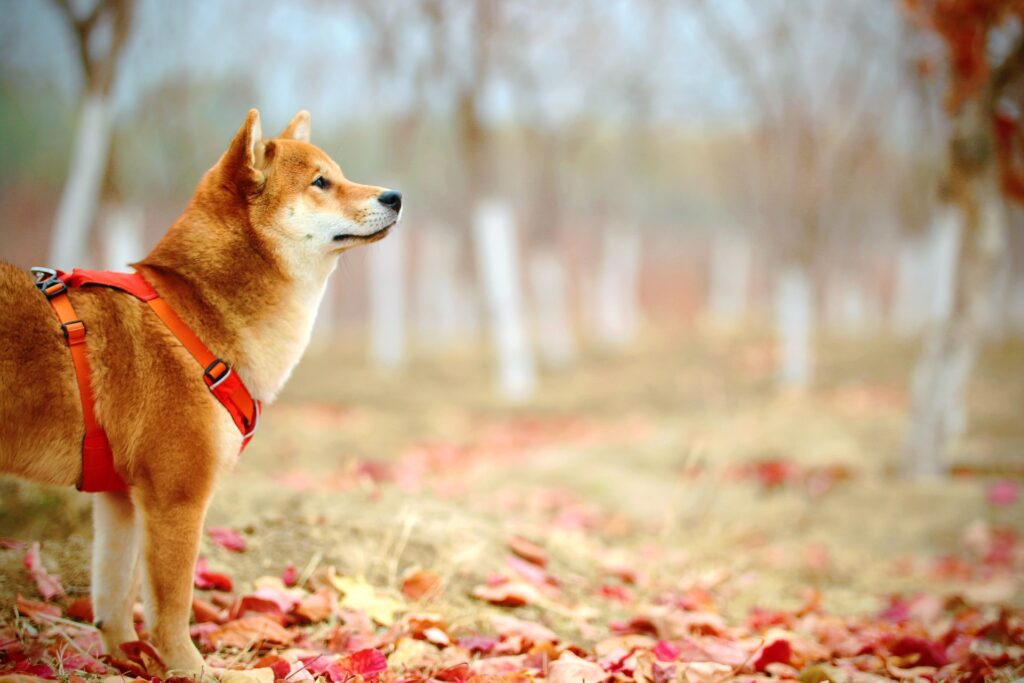
Walking is a great way for dogs to release energy while being trained. Walking on a leash teaches restraint, calmness, and structure. Walking also provides a time of bonding for you and your dog. When your dog knows that you will exercise with them regularly, they will begin developing trust and confidence towards you. As your dog ages, they will enjoy the habit of walking daily. Dogs quickly remember the regular trails that you walk them along in your neighborhood. Between the fresh air, socialization, and exercise, walking is a holistic approach to overall health for animals.
4. Limited Treats
Although treats are a great way to train a dog, try incentivizing them with things other than edible treats. When animals are obsessed with edible treats, they will likely misbehave or make a mess trying to get their next snack. When you train your dog and incentivize them with back scratches, walks, and other enjoyable activities, they will continue to obey your commands. As dogs get older, their metabolism lowers. Feeding them treats incessantly may be harmful to their health. By offering other incentives, pets can remain healthy while still receiving praise.
5. Provide Regular Vet Checks
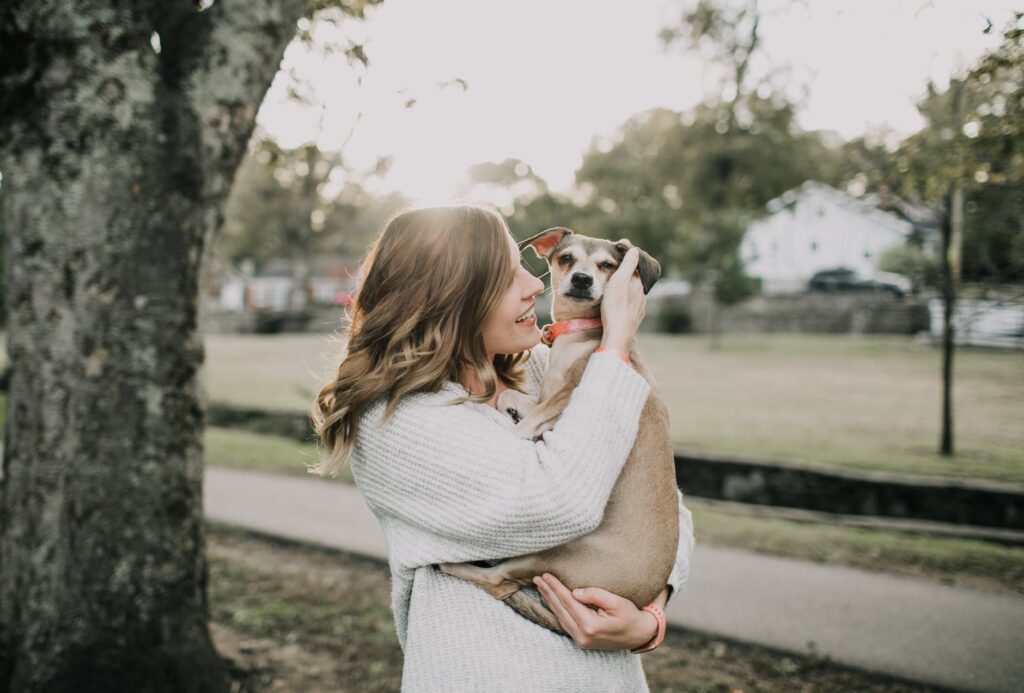
Even if your dog has been healthy for a decade, it is important to get them checked at the veterinarian’s office regularly. Regular checks allow you to know if there are any concerning discomforts or unexpected marks on their body. In addition, veterinarians can ensure that your dog is growing and measuring correctly. Veterinarians are extremely familiar with commonalities and abnormalities in every dog breed. These experts can easily answer questions about the overall wellness of your animal. Having a professional on speed-dial will help ensure that your pet is continuing to age properly at all times.
6. Socialization
Socialization is important for dogs of all ages. Like people, dogs learn how to behave based on the reactions of the creatures around them. Dogs should be introduced to humans and canines on a regular basis. For puppies, socialization helps them learn the proper way to behave from a young age. As dogs get older, socialization helps to keep them active and playful. If a dog is not frequently in the presence of the company, you will likely notice that they have lower energy levels.
7. Offer Praise
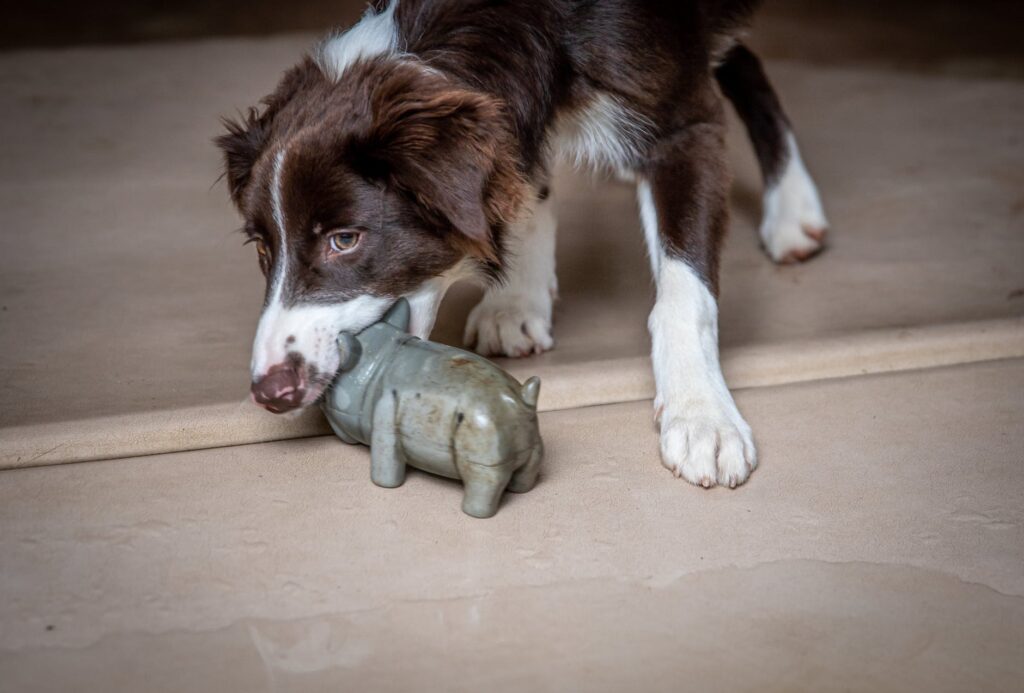
While most older dogs know how to behave without your praises and corrections, they can still benefit from your positive feedback. Dogs benefit from verbal feedback and direct eye contact. When you have a positive feedback loop with your animal, you can help them remain trusting in their old age.
8. Dog-Proof Your Home
As pets age, many owners choose to be more relaxed about the precautionary measures around their homes. When pups are young, there are typically guidelines in place that help ensure that they stay safe. As canines get older, they are less likely to fall down the stairs or get into a toxic product, though it is still a possibility. As your pet ages, continue proofing your home to eliminate the chance of illness for your pet. Older dogs may suffer from medical issues that cause them to lose eyesight or memory. This loss of functionality can cause your dog to get into danger if the house is not proofed properly.
Summary
Training a dog can be a full-time job. As your dog gets older, it is important to continue investing time and resources into their wellbeing. When dogs are neglected, they will likely act out or become aggressive. By caring for your dog properly, you can ensure that they will continue to age happily and healthily.







